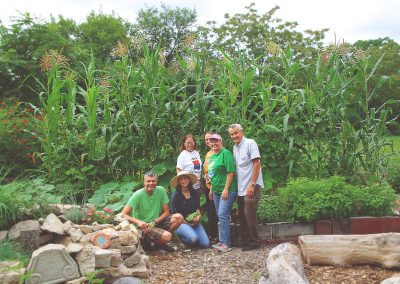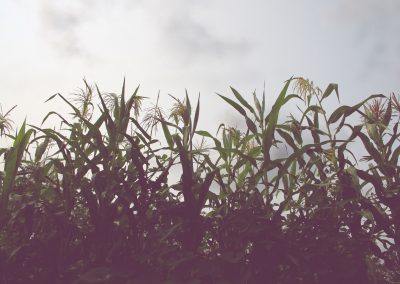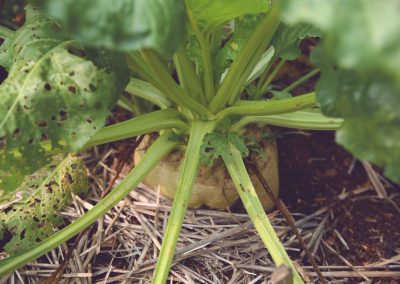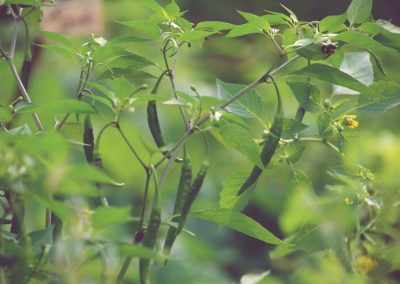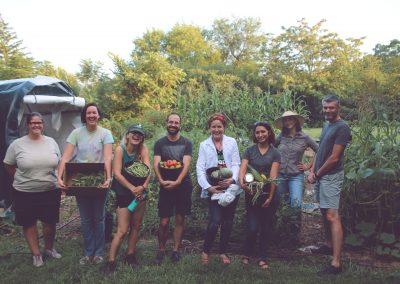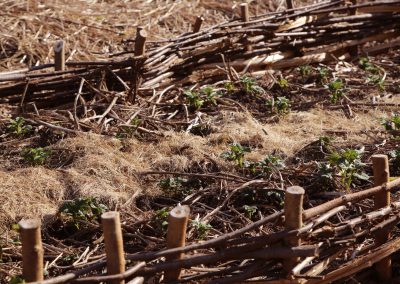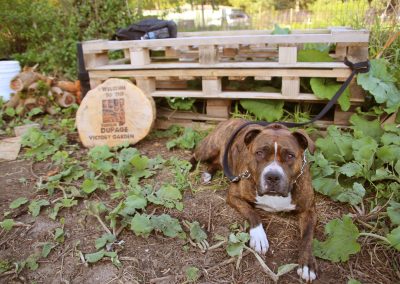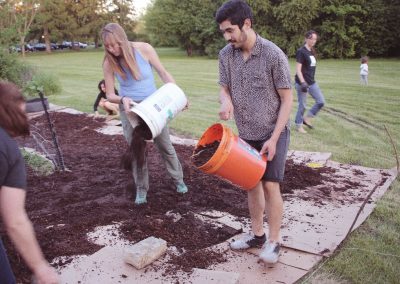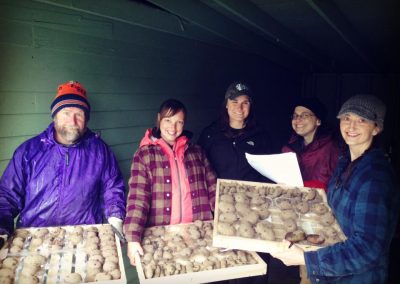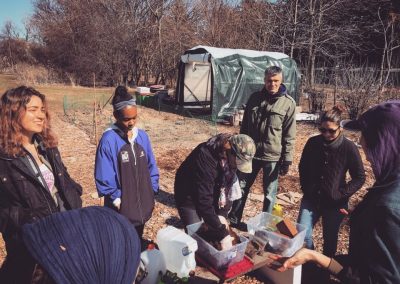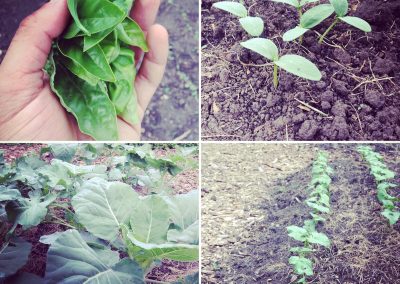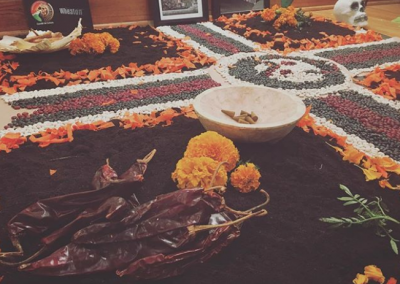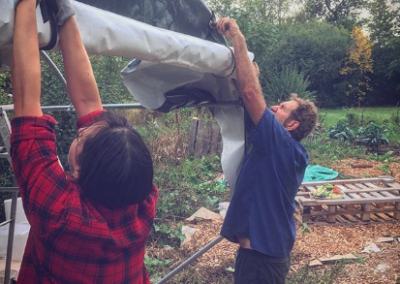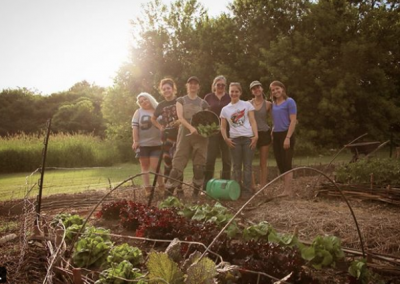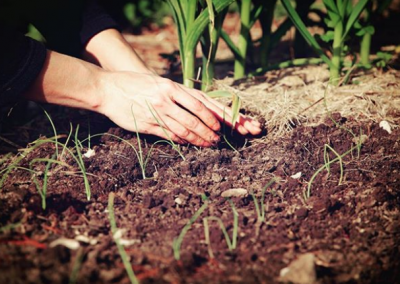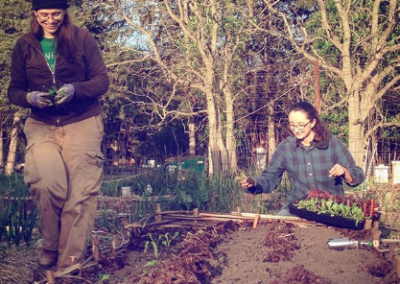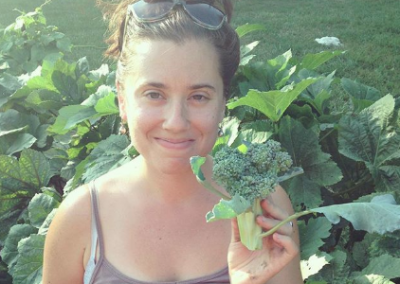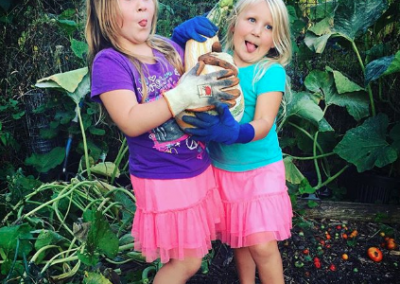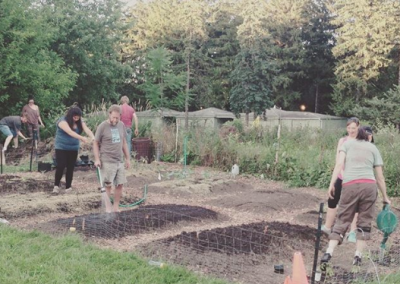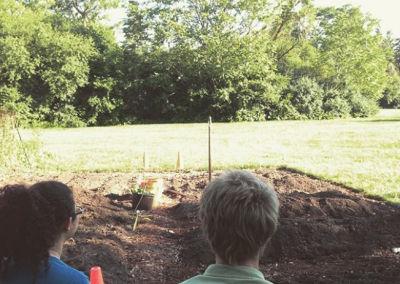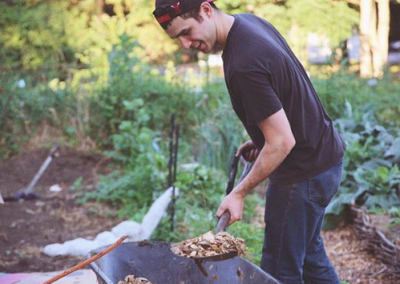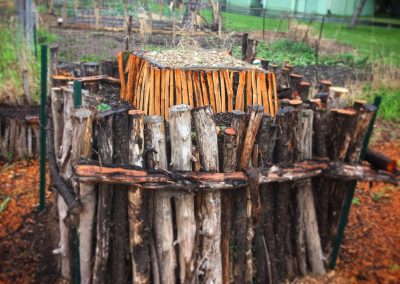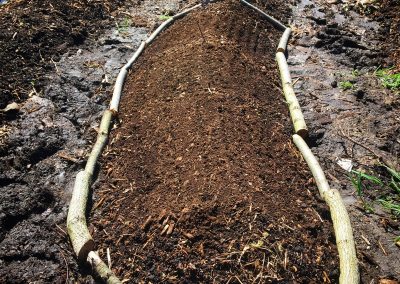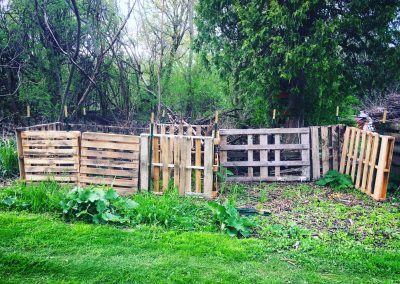
Garden
A living classroom for teaching sustainable practices through growing food and gardeners!
If you’ve ever wanted to learn how to grow your own food in a garden setting, now’s your chance! Join us in our communal garden for free, hands-on experience in a variety of sustainable gardening practices.
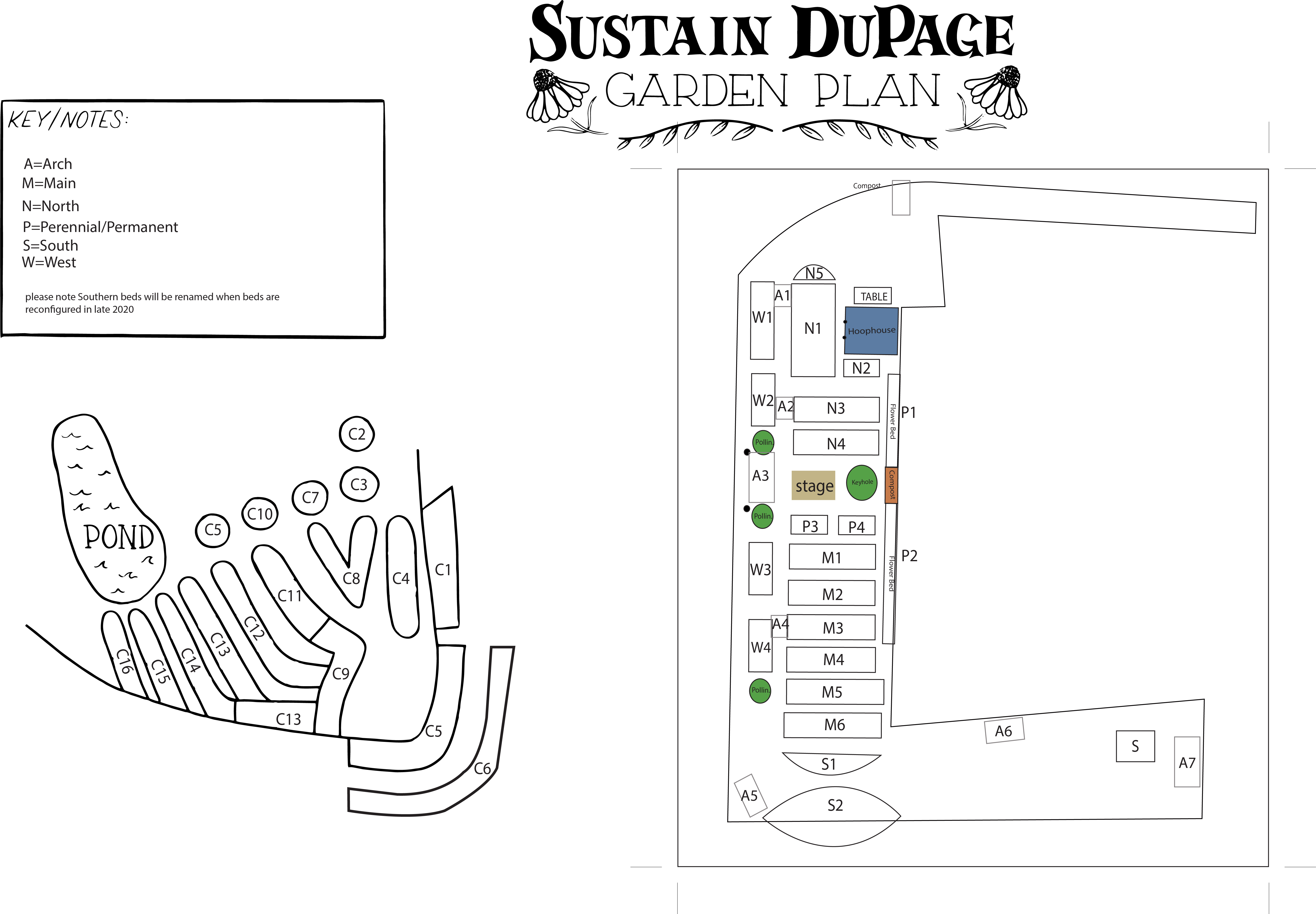
How Do I Get Involved?
Getting involved is easy! You simply have to show up to our garden space during one of our work sessions. Our garden is located on the grounds of the Theosophical Society in Wheaton, IL (1926 N. Main St.) and you can reference our videos below to see where to park. Our up-to-date gardening schedule is posted on our calendar, but in general we meet on Wednesday nights (6PM-8PM) and Saturday mornings (9AM-12PM) from April through October. You can also get involved in how we plan our garden over the winter and help us prepare for next season during our garden planning meetings and various workshops. These opportunities will also be posted to our calendar as well as our Facebook and Meetup sites when appropriate.
Please note that you will not be required to attend every workday. Although we appreciate when people can attend regularly, it’s not mandatory.
Who Can Attend?
You don’t need any experience to attend a garden training event. Kids are also welcome in the garden if supervised by an adult guardian at a ratio of 2 kids : 1 adult. We may not always have tasks appropriate for children, so keeping the child preoccupied is the responsibility of their guardian and not Sustain DuPage volunteers or staff. Our garden utilizes pointy sticks, metal, and stone throughout the space, so it is not necessarily toddler-friendly.
You can also attend our garden days without having to do any tasks at all. We welcome people coming to our sessions just to socialize and be in community, even if they can’t contribute physical labor. We also have a variety of tasks which can be accomplished while sitting at a table if you are chair-bound or need to sit frequently.
What Should I Know Before I Attend?
We do have some rules and suggestions to keep in mind before attending:
- Please wear appropriate clothing: This includes closed-toe shoes (no sandals please), work clothing that can get dirty or sweaty, and sun protection. We have work gloves you can borrow but many prefer to bring their own.
- Please bring your own water bottle and snack as necessary. We sometimes have water to spare, but it’s best to have what you need on hand.
- If you have any allergies, please bring appropriate emergency medication and alert us to your health issue. Our site happens to be located next to a honey yard with beehives, if you are allergic to bees. Above all, we want to ensure your safety.
- If you have any physical limitations or things for us to be aware of when assigning tasks, please let us know. We want to make sure your experience with us is a comfortable one that suits your abilities.
- Be aware that our events are outdoors and subject to the weather. If it’s actively raining, snowing, there’s visible lightning, or during an extreme weather notification like heat, tornadoes, or floods, consider the workday canceled.
- Bathrooms are located in the Theosophical Society main building. However, if the building is closed the closest facilities are the gas station at the corner of Main St. and Geneva, or the Quest Book Shop.
At the end of each work session we ask that those who attend document their time on our Log Your Hours form. Not only does this help us track data for future grants, but it also helps our volunteers earn Membership status.
So What Exactly is the Sustain DuPage Garden?
We are a living sustainability laboratory! The garden is our place to grow together as a community as we learn new techniques and put sustainability principles in action. The products of the garden are put into direct service of our mission through community donation to our volunteers, and generating funds through our Community Cooking events.
Although we have some leadership roles, we take a collaborative learning approach. Everyone is open to sharing their expertise from all of the diverse gardening traditions of the world.
We’re an experimental space, always trying new things! Regardless of the planting techniques used, we approach gardening with a sense of stewardship, so that the soil and land we are privileged to benefit from are better for our having been there. That’s why you’ll see some of the following practices put into play:
No-Till: Topics covered will be the promotion of soil health and structure through minimal disturbance. This includes encouraging healthy plants and plant relationships through mycorrhizal networks, sequestering carbon in our soils, and reducing erosion and compaction through undisturbed beds. This is also why one of our main garden rules is to NOT step or walk in our garden beds whenever possible.
Composting: Learn why it’s so important to close the loop of our resource loss and return everything we can back to the soil where it came from. Composting helps replenish our beds so our food stays more nutritionally dense and healthy. We also take in compostable materials from our members and community so it reduces landfill. Learn about using different composting systems like hot, cold, and composting in place.
Raised Beds: Although not all of our beds are raised, they do help perform a variety of functions. Not only is it easier to tend and maintain, but easier to amend and treat with organic fertilizers or pest control measures. Raised beds also help us regulate our watering.
“Organic Growing”: We are not certified USDA Organic, but we do use 100% OMRI compliant products. More than that, we try to ensure fertility and soil health through biological management and minimal inputs like compost, mulch, compost teas, and leaf litter for organic matter, rock dust for minerals, and cover crops or alfalfa pellets for fertilizer. Crop rotation and companion planting helps minimize pest pressures while also allowing for a variety of crops to be planted in our relatively small space. Our goal is not to fight with nature but embrace “imperfect” foods and understand acceptable losses when it comes to pests.
Seed saving: The Sustain DuPage Seed Cache project has lots of information on our food sovereignty building through seed saving!
Traditional gardening skills: Every culture has their own form of agriculture/horticulture and agricultural lore that’s been passed down through the ages. However, modern, commercial, chemical-based agriculture of the 20th century has redefined what we know as farming. We try to tap into and revive agricultural methods from before that time, when people saw themselves as stewards and partners of their land, instead of seeing it as simply a commodity for extractive practices. We practice indigeneous skills from the Americas, Asia, and Europe whenever possible to give people a different perspective of what effective gardening can look like. We also follow guidance from permaculture as well as “natural” method farmers like Masanobu Fukuoka.
How to Find Us at the Theosophical Society!
1926 N. Main Street, Wheaton, IL 60187
